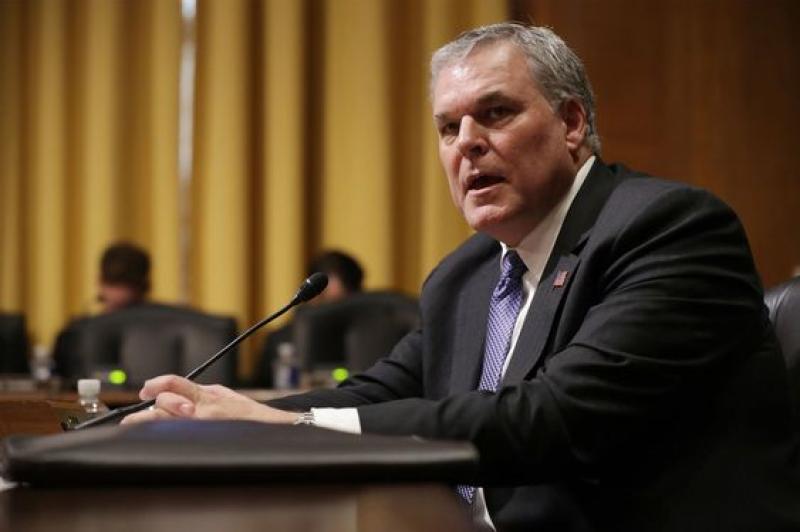Lawmakers Just Confronted the IRS Over Tax Audits That Target the Poor



Ho Hum just another article the right will run away from
Over the past six months, ProPublica has detailed the myriad ways the IRS has been gutted and how that has impacted its ability to do its job. In sum: The wealthy escape scrutiny while the working poor, an easier target, are audited at high rates.
This week, Congress, in two separate hearings, confronted IRS Commissioner Charles Rettig with the findings.
“How can the Congress stand by a tax-enforcement system that punishes working people and gives the wealthy a green light to cheat?” asked Sen. Ron Wyden, D-Ore. , ranking member of the Senate Finance Committee, during his opening statement on Wednesday.
Get OuWyden was referring to a ProPublica investigation last week into the fate of the elite unit the IRS formed to keep up with the complicated tax-avoidance schemes of the wealthy . Faced with staff cuts and blowback from the wealthy and their tax representatives, the effort fumbled and was scaled way back.
Wyden demanded that Rettig produce a plan within 30 days on how his agency will change a system that is “stacked in favor of the wealthy” and “against the most vulnerable.” Rettig promised to do so.
One day earlier, at a hearing before the House Appropriations Committee, Rettig was also questioned about a map showing where in the country IRS audits are most concentrated . The top five most audited counties, ProPublica found, were rural, mostly African American ones in the Deep South. (On Wednesday, Wyden called the map “shameful.”)
Rep. Charlie Crist, D-Fla. , displayed the map during the hearing and asked: “The map looks like the IRS is targeting black, Hispanic and Native American populations for audit. Is that the case?”
Rettig said that it wasn’t, adding that the IRS did not screen for race when selecting returns for audit.
But Crist said the findings amounted to “disparate impact,” the idea that even if unintentional, systems can produce “racial discrimination in practice.” He asked how the IRS would avoid “implicit or explicit” bias going forward.
Rettig didn’t have a clear answer. The IRS audited such a large number of low-income families because they claimed the earned income tax credit, he said. The EITC is one of the country’s largest anti-poverty programs. But the IRS estimates that of the more than $70 billion paid out last year through the program, $18 billion was claimed improperly, Rettig said. This made the program a priority for the IRS to audit, he said. As previous IRS commissioners have done, he blamed the complexity of the law as the main cause of those incorrect claims.
While that $18 billion figure sounds impressive, experts within and outside the IRS have argued that the agency’s estimate is far too high , largely because low-income taxpayers are much less likely to have competent representation to dispute the IRS’ conclusions.
The $18 billion is also just a pittance when compared with the vast universe of unpaid taxes. The IRS produces an estimate of what it calls the “tax gap,” which is how much tax is actually paid compared with what should have been paid. It’s been a few years since the last estimate, but assuming the rate of compliance has not changed ( if anything, it’s gotten worse ), the tax gap in 2018 would have been between $600 billion and $700 billion. At most, incorrect EITC payments account for around 3% of that.
 Article is LOCKED by author/seeder
Article is LOCKED by author/seeder







Who is online
60 visitors
